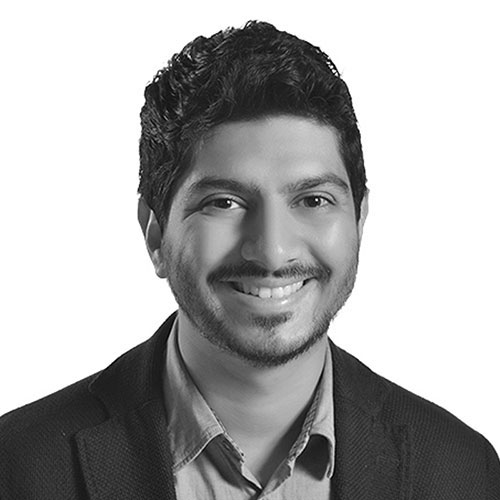As digital media on mobile devices is the primary platform of communication with the outside world, the rise of digital influencers continues to grow. Community leaders and celebrities have been replaced by individuals who gain popularity on social media. The popularity of influencers on YouTube highlights how young people who create content on digital platforms have the ability to garner international attention. Digital influencers have become the role models of millennials. With their massive fan base, what role do they have in shaping public discourse? Session looked at the responsibilities of these digital influencers towards their audiences and the ways they could promote social good and inspire change.
The popularity of influencers on YouTube highlights how young people who create content on digital platforms have the ability to gain international attention. Panelists began with sharing their personal experiences on the massive digital platform. The main question of the session was that “With their massive fan base, what responsibility do they have in shaping public discourse?” Humza Arshad stated that with homemade videos it is possible to create social awareness content that would allow thousands to reach personal opinions on different topics through comments and that also grabs the attention of the audience. According to him, there is a huge competition between mainstream companies and digital platforms. Didem Kaya raised the question on whether the Internet is really connecting or dividing. She argued that people are recruiting others through the internet; from all ends of the spectrum. Riyaad Minty observed that digital platforms assumed the form of a decentralized model and have access to information anytime and anywhere. He further stated that when information is decentralized, costs are greatly reduced.
Overall, the session discussed how each individual, as a digital influencer, could shape public opinion and change perceptions. Secondly, panelists emphasized how conventional, traditional media is being challenged by digital platforms in terms of its cost, speed and diversity. Thirdly, they raised the question of how the Internet sphere can label communities; do the discourses produced to become a digital influencer give rise to populism? Fourthly, speakers pushed forward the idea of whether people from minority backgrounds should be creating content for people within their own communities or whether they should be using their unique experiences to create stories that resonate with a wider audience.



